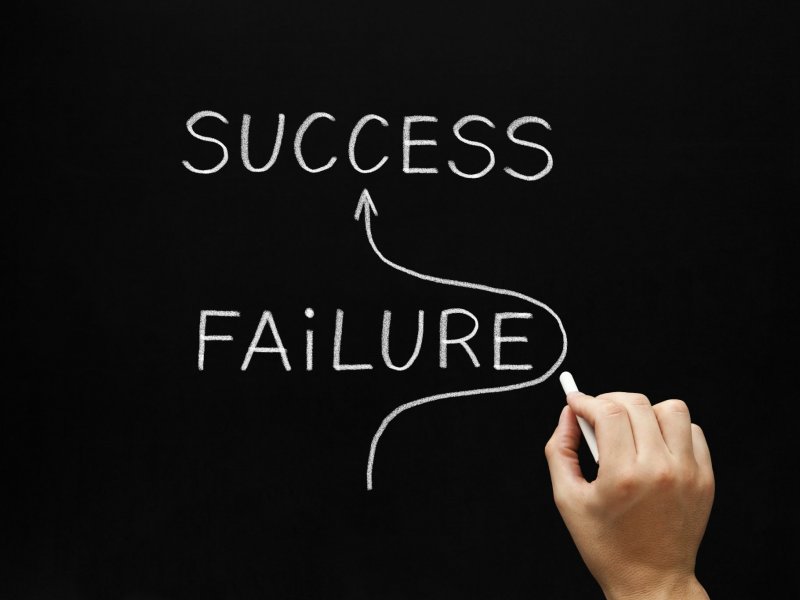Break the cycle... How many times have you heard that in your life? We are all told to break the status quo but do we all have what it takes? A lot of people go their entire lives without making this change and without breaking the cycle. Only because it's easier to just do what we're used to as opposed to changing the way we look at things.
This also happens a lot in businesses. A lot of companies never go past a certain point because they are not looking to improve or change things because of fear and not having the right people there to help them get past it.
Why Do People Seem Fixated on Failure
Why do some people have consistent success while others miss out? Many institutions and directors seek the answer to this question.
If the person in question has no pathological conditions, or if the characteristic tendencies of the person do not prevent success in his/her performance (a combination of the wrong person and the wrong job), then coaching and mentoring are beneficial in up to seventy-five percent of cases.
What Do You Do When People Can't Get Themselves Out of It?
However, sometimes there is a circumstance where you try everything you know how to help the person, but something is just off and it just doesn’t work. As a coach, you will feel bad and you will wonder why, but the answer rests within your client. Someone who is unable to carry the burden of responsibilities will miss an opportunity to grow – especially if s/he is constantly looking for someone else to blame.
In fact, an opportunity for success will be missed. If you observe people like this for any length of time, you will see a cycle where there is a tendency to self-sabotage by denying themselves and their actions. Instead of carrying the burden of their own responsibilities, these people regularly blame others or the circumstances surrounding them.
They need others to be wrong in order to be able to reassure themselves, even if just a little, because accepting the problem or mistake requires growth, and that growth needs courage and strength.
Man is born alone - he comes into this world on his own and leaves on his own. This is actually power, but only a few people possess the level of awareness that will allow them to face up to this truth.
People who regularly sabotage themselves avoid facing existential loneliness. When someone faces it once, “understanding” happens. Subsequently, understanding necessitates choice; they are either going to be strong or they are going to admit that they are knowingly sabotaging themselves. However, then it will no longer be possible to blame others or the circumstances. The easiest thing for such people is denial and avoidance – until the next sabotage. Unless these people break free of this cycle of blame and denial, they will be doomed to the repeated failure over and over again.
So What Do We Do?
At the end of the day, as a coach, there is only so much you can do. If you have tried your best and the client still seems like there is no movement from their end -- it usually suggests that they are not ready yet to change. And you can never change someone who is not ready and willing to change. If you try to you will just hit a brick wall.
Just be there and support them as much as you can and show them what change and success can look like if they choose to walk alongside you on that path. If not -- there isn't much more that can be done.
Have you ever been in a situation like this? How did you handle it?
If you are looking to become a coach to help people like these around you, check out our program schedule here to join us on this amazing journey of learning to coach the whole person.

